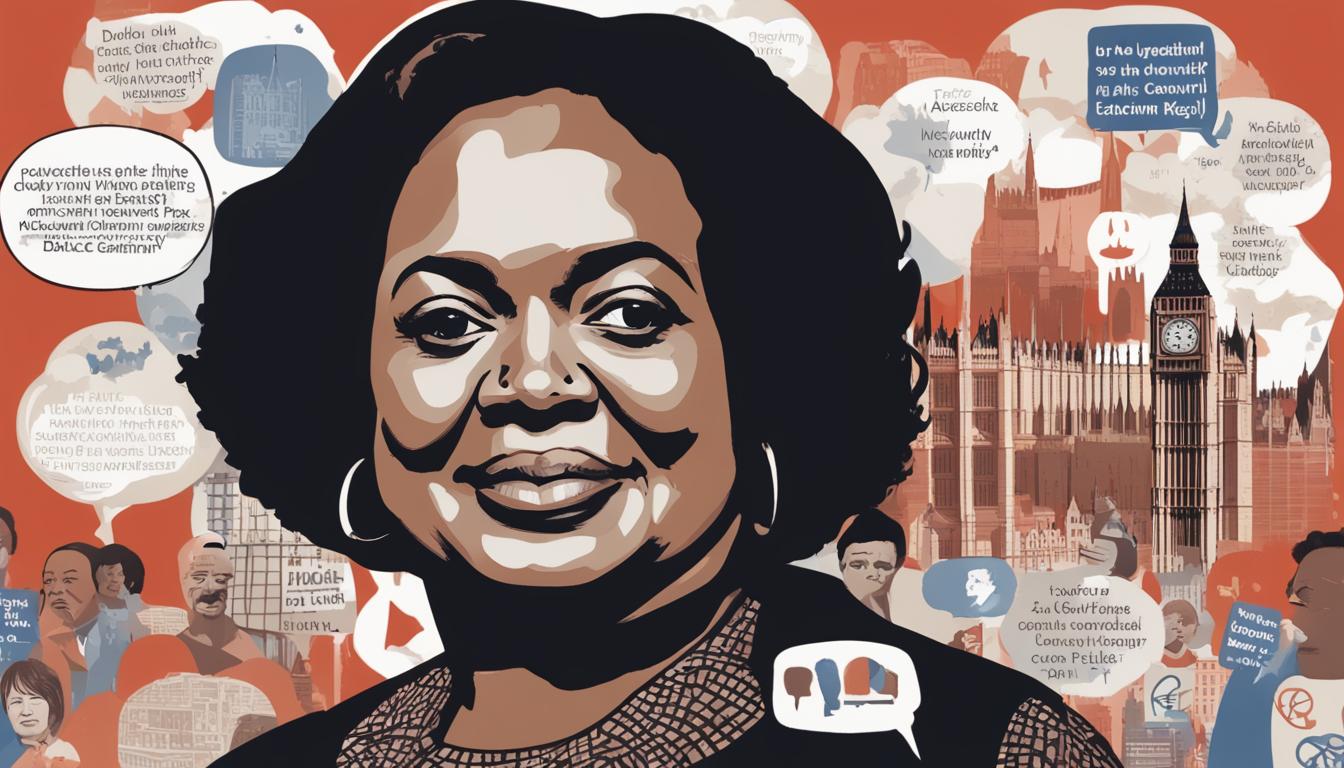The Conservative Party is embroiled in a racism controversy following remarks about MP Diane Abbott by donor Frank Hester, sparking a debate on the UK’s definition of extremism and political accountability.
Diane Abbott, a black MP, has been at the center of a controversy involving alleged racist remarks by Tory donor Frank Hester, who suggested she should be “shot.” This incident has sparked a significant racism row within the Conservative Party. Michael Gove, the Levelling Up Secretary, has commented that Hester’s comments would not fit the government’s new definition of extremism, which he is set to clarify in a forthcoming speech. The government’s definition aims at identifying ideologies that threaten fundamental rights and freedoms or aim to replace the UK’s democratic system.
Despite criticism, including from the Liberal Democrat deputy leader Daisy Cooper and the Muslim Council of Britain, Gove defended the decision not to return Hester’s donations to the Conservative Party, citing “Christian forgiveness” and the need to differentiate between individual comments and extremist ideologies. The issue has raised broader questions about the UK’s stance on racism, the definition of extremism, and political accountability.
The debate comes amid heightened tensions following the Israel-Hamas conflict and discussions about how to prevent government support for extremist groups. However, the new guidelines have not been without controversy. Critics, including former Tory home secretaries and Church of England senior figures, have expressed concerns about the potential implications of the new definition of extremism. Moreover, Muslim leaders have called the definition “ill-conceived” and potentially illegal, fearing it could unfairly target specific communities.
The ongoing controversy highlights the complex landscape of UK politics, especially concerning racism, extremism, and the mechanisms in place to address these issues within the framework of maintaining democratic values and freedoms.













